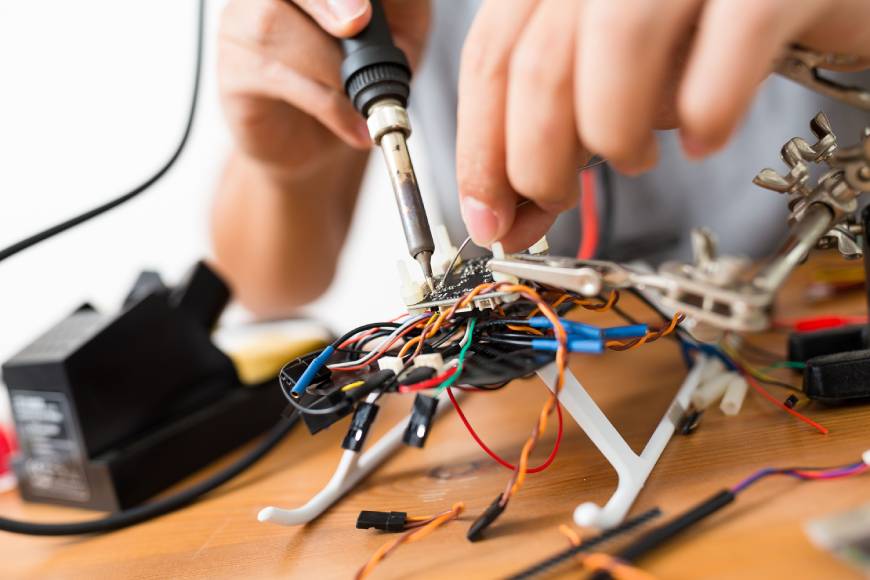“Troubleshoot Your Electronics Projects” is a comprehensive online course designed to equip you with the skills and knowledge needed to effectively troubleshoot and resolve issues in your electronics projects. Whether you’re a beginner or an experienced electronics enthusiast, this course will provide you with valuable insights and practical techniques to overcome common challenges. The course begins with an introduction, where you’ll learn about the instructors and their expertise in the field. From there, you’ll delve into troubleshooting your breadboard, gaining essential skills to identify and resolve issues related to circuit connections.
You’ll also learn how to debug your code, ensuring smooth functionality and eliminating software-related problems. Understanding the specifications of components is crucial, and the course covers methods to check and verify specifications accurately. Discover a range of useful tools for troubleshooting, including their purpose and how to effectively utilize them in your projects. A troubleshooting checklist for both hardware and software will be provided, giving you a systematic approach to identify and rectify issues.
Maintenance and troubleshooting of electronic and electrical devices are vital skills covered in the course. You’ll explore the fundamentals of becoming a troubleshooter and acquire knowledge on various tools needed for successful troubleshooting. Understanding electronic components is essential, and the course provides insights into both passive and active components, including diodes, transistors, and common electronic and electrical components. You’ll also gain practical experience in testing components such as bulbs, switches, transformers, and resistors. Safety concerns, maintenance tips, and servicing guidelines will be covered to ensure a secure and efficient troubleshooting process.
Furthermore, the course offers an in-depth introduction to electronic components, including voltage, current, resistance, Ohm’s Law, capacitors, inductors, diodes, and transistors. You’ll learn how to measure and test these components, interpret circuit diagrams, and utilize digital multimeters effectively. By the end of this course, you’ll possess the skills and knowledge to troubleshoot electronics projects confidently. Whether you’re working on personal projects or pursuing a career in electronics, this course will empower you to overcome challenges and achieve success in your endeavors. Don’t miss the opportunity to enhance your troubleshooting skills. Enroll in “Troubleshoot Your Electronics Projects” today and gain the confidence to tackle any electronics-related issue that comes your way!
What Will You Learn?
- The fundamentals of troubleshooting electronics projects, regardless of your experience level.
- How to effectively troubleshoot breadboard connections and resolve circuit-related issues.
- Techniques for debugging code and resolving software-related problems in your projects.
- Methods to check and verify component specifications accurately.
- Useful tools for troubleshooting and their proper utilization in electronics projects.
- A systematic approach through hardware and software checklists for efficient troubleshooting.
- Skills and knowledge required for maintaining and troubleshooting electronic and electrical devices.
- Essential tools needed for successful troubleshooting, including multimeters, wire cutters, soldering irons, and more.
- Insights into passive and active electronic components, such as diodes, transistors, and capacitors.
Who Should Take The Course?
- The fundamentals of troubleshooting electronics projects, regardless of your experience level.
- How to effectively troubleshoot breadboard connections and resolve circuit-related issues.
- Techniques for debugging code and resolving software-related problems in your projects.
- Methods to check and verify component specifications accurately.
- Useful tools for troubleshooting and their proper utilization in electronics projects.
- A systematic approach through hardware and software checklists for efficient troubleshooting.
- Skills and knowledge required for maintaining and troubleshooting electronic and electrical devices.
- Essential tools needed for successful troubleshooting, including multimeters, wire cutters, soldering irons, and more.
- Insights into passive and active electronic components, such as diodes, transistors, and capacitors.
- Practical experience in testing various components like bulbs, switches, transformers, and resistors.
- Safety concerns, maintenance tips, and servicing guidelines to ensure a secure troubleshooting process.
- In-depth understanding of electronic components, including voltage, current, resistance, capacitors, inductors, diodes, and transistors.
- How to measure and test electronic components accurately using digital multimeters.
- Interpretation of circuit diagrams and understanding basic circuit symbols.
Course Features
- Lectures 62
- Quiz 0
- Duration 5h 4m
- Skill level All levels
- Language English
- Students 9
- Certificate Yes
- Assessments Yes


